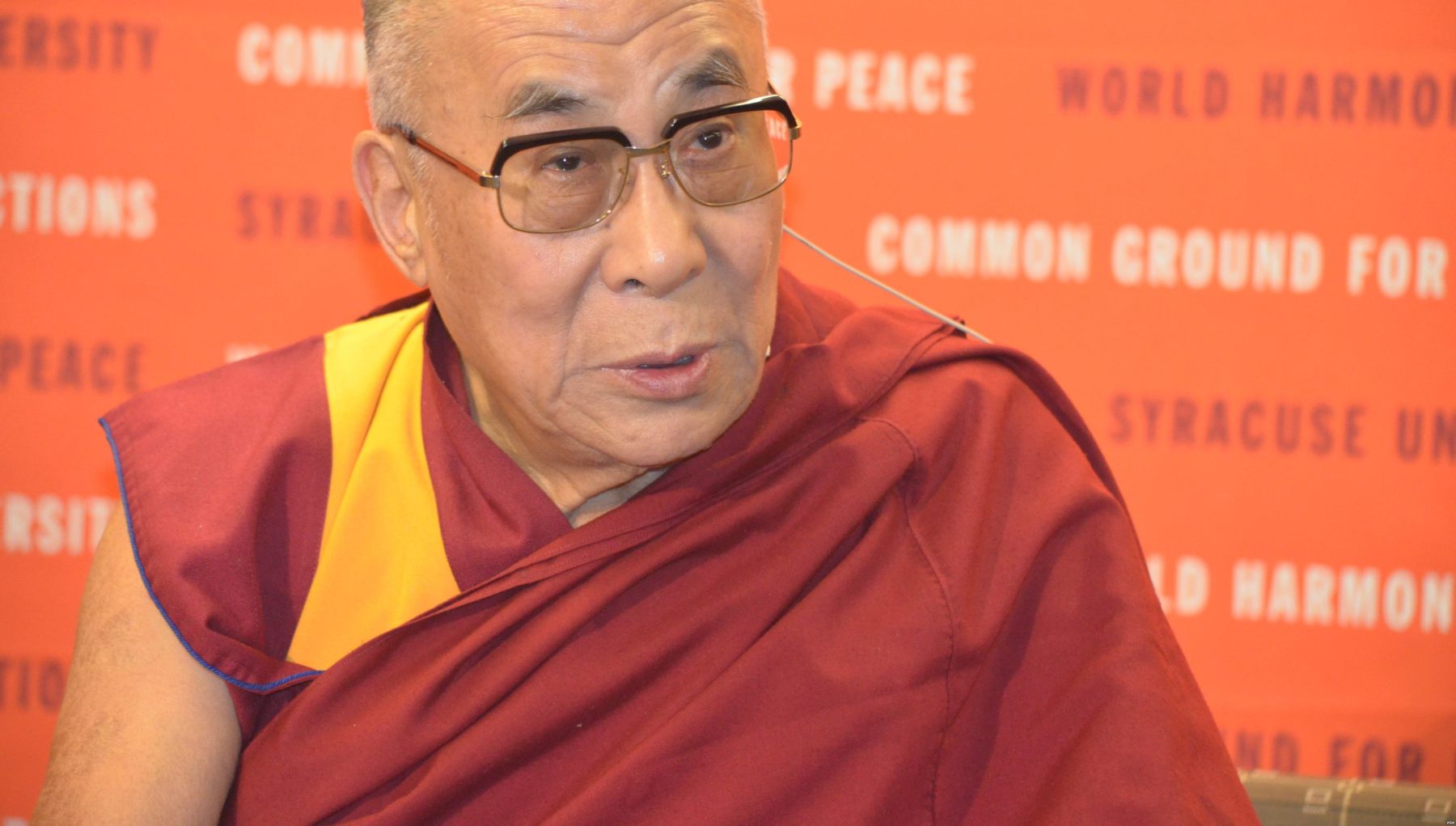Global Student Stories – 9/3/17
This week’s global student stories include outrage in the USA over the decision to invite the Dalai Lama as a speaker, intense debate in Greece over the future of private colleges, the rise of campus violence in Pakistan and the issue of universities in occupied areas of Ukraine.
USA: The decision to invite Dalai Lama as a speaker has caused outraged among Chinese students an American university.
The University of California, San Diego (UCSD) has invited the Dalai Lama as its commencement speaker in June to address graduating students.
The invitation triggered much outrage among Chinese students at the university and well as in Beijing.
The Dalai Lama is the spiritual leader of Tibet and has been in exile since March 1959, when he fled Tibet fearing the Chinese occupation.
The opposing Chinese students take the view that the exiled Tibetan spiritual leader is an oppressive figure that threatens to divide a unified China.
The group trying to prevent the speech is a branch of the Chinese Student and Scholars Associations (CSSA), a student organization that is known to receive funding from the Chinese Communist Party (CCP).
In a now deleted statement on WeChat, the CSSA stated in regards to the Dalai Lama visiting the university: “The Chinese Student and Scholar Association has asked the Chinese Consulate in Los Angeles for instructions…Our association has been forced to take tough and unyielding measures.”
This is not the first time that Chinese students at American universities have voiced strong opposition to events in which the Dalai Lama has been invited too. In 2008, hundreds opposed the Dalai Lama’s acceptance of an honorary degree at the University of Washington.
Greece: Public debate intensifies over private higher education
Debate in Greece has intensified in recent weeks as the Government debate the possibility of giving privately run colleges university status, which is strictly prohibited by article 16 in the Greek constitution.
Opposition leader Kyriakos Mitsotakis brought the issue up in October in a parliamentary debate where he stated: “No discussion on higher education can be if change of Article 16 of the Constitution is not put at the heart of it.”
Higher education institutions in Greece have always been state owned and their faculty members regarded as public servants.
Private colleges in Greece do not share the same level of reputation as their public counterparts as the Greek state has long refused to acknowledge degrees issued by these colleges.
However the general public is as divided as parliament with a 2016 poll by the Athens Chamber of Commerce finding that 49 per cent of respondents were in favour of granting university status to private institutions.
Pakistan: Concerns raised as campus violence increases across the country
Campus violence is on the rise in Pakistan with a dozen clashes reported during a six-month period between students of various religious, political and ethnic groups.
Most incidents were reported from universities such as: Punjab University (PU), Karachi University (KU), Quais-i-Azam University (QAU) and the International Islamic University Islamabad (IIUI).
In February, PU witnessed a conflict between two student groups, which escalated leading to the university management calling the police. This incident was the third of its kind at PU over that last three months.
This issue even led to the death of two university students in November 2016 when two rival groups fought outside the university of Hazara in Mansehra.
This increase in campus violence across Pakistan has garnered serious concern with many groups suggesting ways to tackle this issue, including reintroducing student unions in Pakistan, which have been banned since 1984.
Ukraine: Ministry of Education and Science revokes university licenses in occupied areas
Ukraine’s Education and Science Ministry has revoked the licenses of higher education institutes located in the occupied territory of the Donetsk and Luhansk regions, Crimea and the city of Sevastopol.
An official report has stated: “After the annexation of Crimea and military aggression of the Russian Federation in the east of Ukraine in 2014, some higher education institutions have turned out to be in towns and cities where the [Ukrainian] government…cannot exercise powers for the time being.”
During this conflict, nearly two dozen colleges and universities have moved from Crimea and the occupied regions of Donetsk and Luhansk to areas that the Ukrainian government control.
However, this decision has not severely affected students as students from these regions who were enrolled for education, and thus are in the Ukrainian database, still have the right to study in Ukraine.

Comments